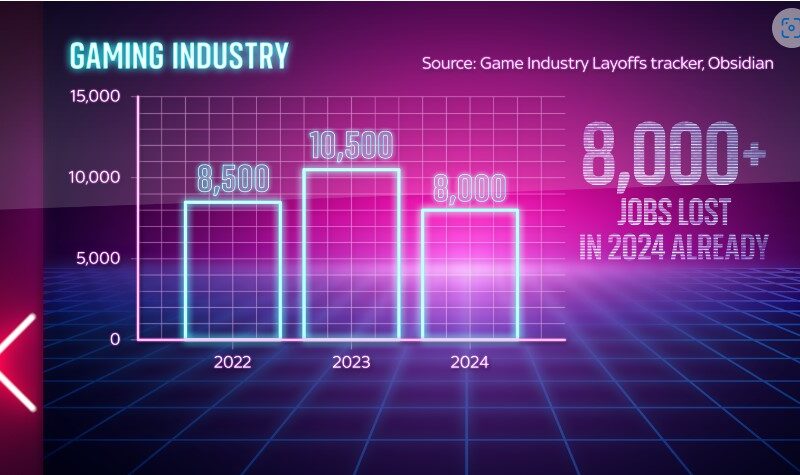By Harry Hutchinson, chairperson, Tyrone Peoples Assembly/Dail.
Unite the Union joined the 3 other health unions in their strike action across all health trusts in Norther Ireland. The RCN, Unison and NIPSA have already commenced their action, refusing to carry out any task that is not directly related to patients. This includes not working overtime, unpaid hours, not completing paper work (other than patient records), not answering the phone or doing administration tests. The RCN have taken strike action for the first time in their 103-year history.
The union ballots that were held returned over 90% in favour of strike action, mainly in a phased build-up to all out strike action on December 18.
Health workers are striking over pay, pay disparity and chronic shortages of staffing, so much so that according to the Nuffield Trust, parts of the Northern Ireland health system “has already collapsed.”
In the last decade, health staff have endured a pay freeze for the two years 2010/11, followed by a subsequent 1% pay cap. Richard Pengally, Permanent Secretary for the Department of Health, has put an offer of 2.1% for the 2018/19 year. With inflation currently running at 1.8%, this offer would result in a meagre pay increase, if any at all.
Pay disparity between Northern Ireland health staff and those in England and Wales shows the starting pay for a nurse in NI as £22,795, compared to £24,214 in Britain. The disparity among paramedics is over £8000.
Despite previous promises from the Northern Ireland Department of Health to address staffing, NI hospitals need 2800 nurses, and are chronically under-staffed in terms of carers and consultants. The health trusts have made up some of this shortfall in nursing by squandering £11.5m in agency staff, which on average pays out £42/hr worked and has sometimes exceeded £60/hr.
One in six on a waiting list for treatment
The impact on patient care of staff shortages has resulted in over 300,000 patients in Northern Ireland – one in six of the population – being on a waiting list to see a consultant. Only half of all cancer patients start treatment within six months and most of these are diagnosed in an Emergency Department.
According to the RCN, Northern Ireland needs £1bn to tackle its chronic waiting lists.
In an attempt to break the health strike, the heads of the trusts have vindictively cancelled outpatient appointments, particularly diagnostic cancer appointments. These cancellations were ordered by the Belfast Health Trust, despite the Department of Health and health unions agreeing such outpatient appointments would not be impacted by the strike.
The health trusts are exacerbating the impact on patients, with the intention to drive public support against striking health workers. The BBC propaganda has continued to emphasise the impact on patient care of the strike, when health unions have taken particular measures to minimise disruption.
The public fully support the health workers strike for decent pay and staffing, but also to save the NHS from further collapse.
December 5, 2019



